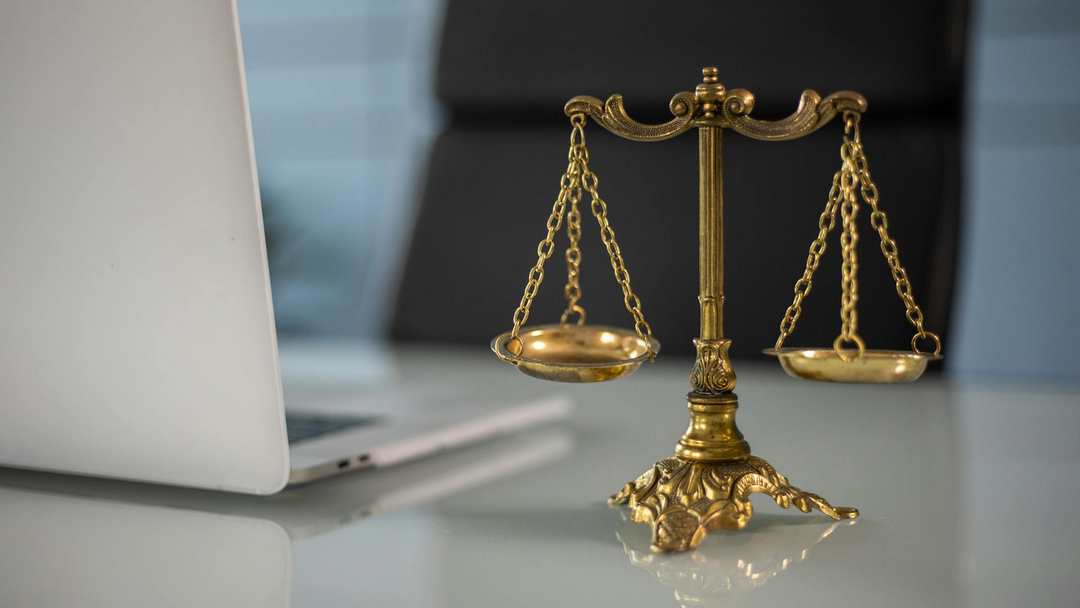First Offense DUI in Michigan: Laws and Consequences
Facing a first offense DUI in Michigan can be daunting as the implications are significant and the legal landscape is complex.
Understanding the laws surrounding Operating While Intoxicated is essential, as these regulations are designed not only to penalize impaired driving but also to prioritize the safety of all road users.
It is vital to be aware of the potential consequences you may encounter and to explore the various defense strategies available to navigate this challenging situation effectively.
Legal Limits
In Michigan, adults aged 21 and older must be aware that the legal limit for blood alcohol concentration is set at 0.08%, meaning that driving with a BAC at or above this level is deemed unlawful and can result in a DUI charge.
For drivers under 21, any BAC above 0.00% is grounds for a DUI charge due to zero-tolerance laws.
First Offense DUI – Consequences
If convicted of a 1st offense DUI in Michigan, the consequences can include:
Criminal Penalties: This may involve fines, potential jail time (up to 93 days), community service, and mandatory participation in alcohol education programs.
Driver’s License Suspension: A 1st offense can lead to a license suspension for up to 180 days, with the possibility of restricted driving privileges after a period.
Ignition Interlock Device (IID): In some cases, the court may require installation of an IID on your vehicle. This device requires the driver to blow into a breathalyzer before starting the car and intermittently while driving to ensure sobriety.
Insurance Impact: A DUI conviction often results in significantly increased car insurance premiums or difficulty obtaining insurance coverage.
Criminal Record: A DUI conviction stays on your criminal record, potentially affecting employment opportunities and other aspects of your life.
Legal Resources
For more detailed information on Michigan’s DUI laws, you can refer to the Michigan Compiled Laws (MCL) directly.
Here are some links:
- Michigan Vehicle Code – Chapter 257, Section 625 – This section outlines the laws pertaining to operating while intoxicated.
- Michigan Vehicle Code – Chapter 257, Section 626 – Covers the penalties and sanctions for driving under the influence.
Legal Help
If you are charged with a 1st offense DUI in Michigan, it is crucial to obtain legal representation without delay. An experienced DUI attorney can offer valuable insights and strategies that may help lessen the penalties or even contest the charges against you.
Legal defense Attorney Michael Komorn is trained and certified in Field Sobriety Tests (FST), Horizontal Gaze Nystagmus and the infamous breathalyzer and has been representing clients charged with DUI and alleged crimes since 1993.
Call Komorn Law 248-357-2550 when you’re ready to challenge DUI or any alleged criminal charges.
Recent

Public Defenders in Michigan – Qualifications and What They Do
Note: This is what they are supposed to do. Whether they give a damn about you and the outcome is up to the individual attorneyWhat it is supposed to beIn Michigan, public defenders play a vital role in the criminal justice system by providing legal representation to...

New Michigan Laws Going Into Effect 2025
Making laws as fast as possible. Look over here...Not over there.Some of Michigan's new laws in 2025 include minimum wage increases, paid sick time, and automatic voter registration. Minimum wage The minimum wage in Michigan increased to $10.56 per hour on January 1,...
Other Articles
Cannabis workers claimed employer violated labor laws
Allegedly had to put on company-issued personal protective equipment (“PPE”) (such as masks, hair nets, arm sleeves, gloves, scrubs, and protective shoes) before clocking in Close to 1.2 milion settlement for 134 cannabis workers alleging wage violations under federal...
The MSP is Concerned About Your Privacy (Vehicle Information)
Is the Michigan State Police really concerned about your Driver License and Motor Vehicle Information privacy?Here's what they say on their websiteThe Michigan State Police (MSP) is committed to protecting the privacy of your potentially personally identifiable data...
The MSP is Concerned About Your Privacy (Biometric Information)
Is the Michigan State Police really concerned about your DNA / biometric privacy?Here's what they say on their websiteThe Michigan State Police (MSP) is committed to protecting the privacy of your potentially personally identifiable data (PPID) in a strong and...
The MSP and Your Privacy (Criminal History)
Is the Michigan State Police really concerned about your criminal history privacy?Here's what they say on their websiteThe Michigan State Police (MSP) is committed to protecting the privacy of your potentially personally identifiable data (PPID) in a strong and...












